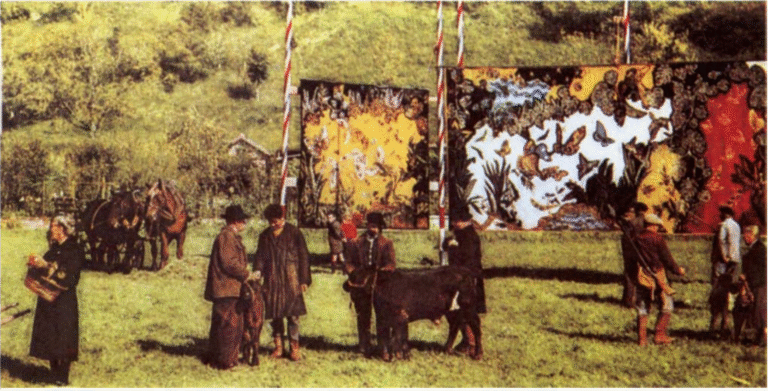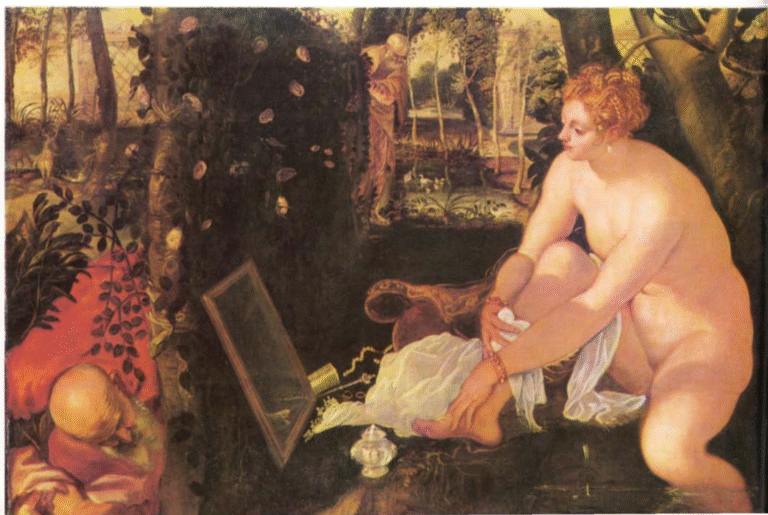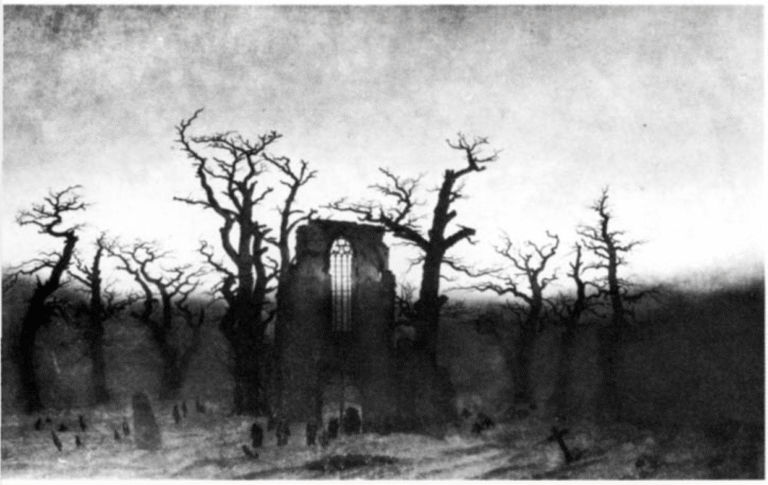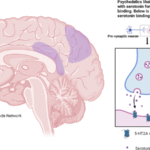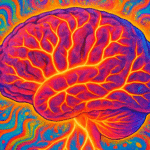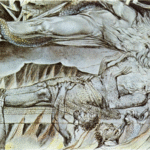There are times in our lives when overwhelming suffering consumes all our hopes for survival, making our entire existence feel diminished by this pain. Life seems to lose its color, and our purpose appears to hinge solely on these moments of suffering. The question “What’s the point of all this?” begins to dominate our thoughts, and everything feels lost in the depths of our anguish. Sometimes, it’s grief; other times, it’s burnout or the quiet ache of a dream that no longer fits. In those moments, it feels as if meaning itself has vanished.
“When we are no longer able to change a situation, we are challenged to change ourselves.”
— Viktor Frankl
The Search for Meaning in the Darkest Places
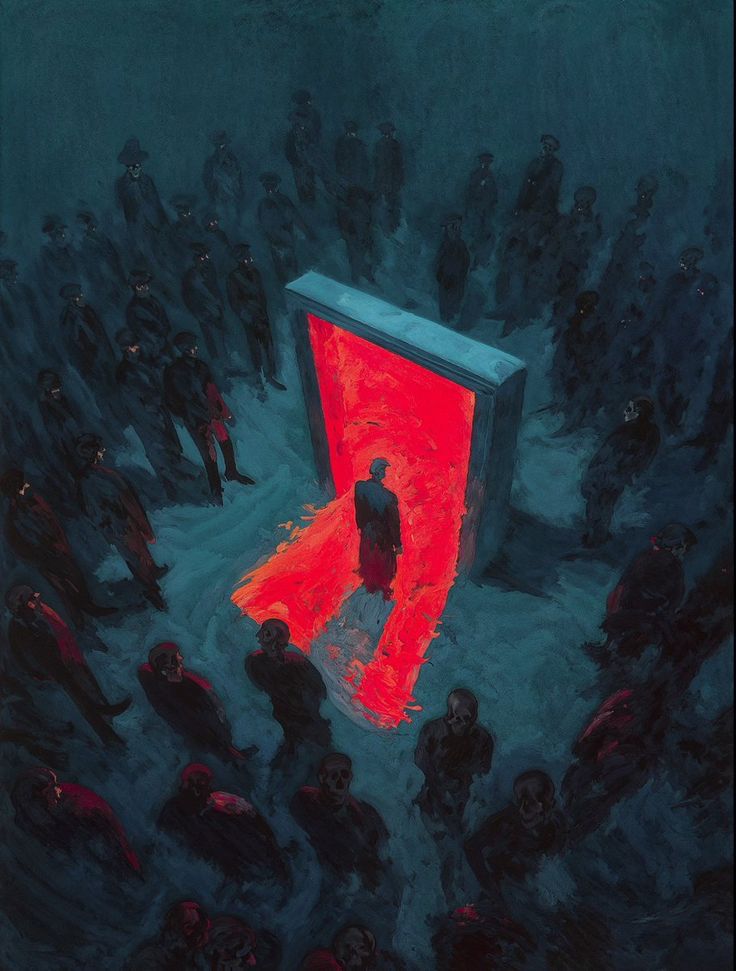
Viktor Frankl was a psychiatrist from Vienna, Austria, who was caught in the camps of Auschwitz and lost everything in his life, including his family, his freedom and even the life he had built for himself before World War II. This tremendous loss in the lives of any ordinary person would slip him into darkness, and any sense of meaning or connection to life would be lost, but, on the contrary, Frankl found meaning in his suffering. In the harsh environment of the camps with grappling, starvation, extraordinary brutality and loss of all sense of freedom, he found meaning in his suffering and found a way of clinging to these meanings as a means of survival in these tough times.
He wrote later:
“Everything can be taken from a man but one thing: the last of human freedoms—to choose one’s attitude in any given set of circumstances.”
Frankl refused to give up and surrender to the chaos surrounding him, and during his capture. He did not let life get out of control, even in the toughest of times. This tough time in the country helped him with the foundation of his life’s work- logotherapy, a school of therapeutic means rooted in the will to meaning.
The Will to Meaning
At the time when Freud was developing his theory of psychoanalysis and dream interpretation, which stressed pleasure principles (the psyche’s behaviour has a deep, deep-seated sexual nature) and Adler was offering his will to power, Frankl chose a completely different path from these two schools of thought and based his theories on the principles driven by meaning. The basis of his logotherapy (‘logos’ translation: meaning) was based on finding meaning in pain and suffering. He hypothesised that human beings can endure pain, loss, and fear — but not the feeling that it’s all for nothing. When meaning disappears, even comfort feels hollow.
When meaning returns, even suffering can be transformed.
“Suffering ceases to be suffering at the moment it finds a meaning.”
Frankl by no means glorified pain and suffering by romanticising it. Instead, he recognised the hidden potential behind these sufferings. He looked at suffering as a means of finding a purpose in life, which could ease the pain behind these sufferings. He believed that meaning would not erase the pain but give it a direction. If there is a cause behind our suffering, it makes it bearable.
Frankl believed that severe exhaustion and trauma could be bearable by finding a purpose behind these events. He did not promote the idea of victimhood following a period of suffering, but prophesied authorship behind these sufferings. He believed that one needs to find an answer for “What not?” instead of “Why me?” to take ownership of their circumstances. Modern psychology echoes this; therapies like ACT (Acceptance & Commitment Therapy) teach that healing doesn’t come from avoiding pain, but from living according to your values — even in its presence.
Meaning as the Medicine of the Soul
In a world filled with an abundance of choices and an army of people around us, we still feel a sense of hollowness in our souls. We attain success in our professional fields or our personal relationships, but still, a sense of hollowness eats our soul from inside because we know that the sense of connection with our soul and a belonging towards our inner peace is missing. This is a result of hiding deeper innate thrust of the soul, and as a result, grappling with depression falls upon us like a bombshell.

Frankl reminds us that meaning is an important driver of life and the soul that resides in our body. He stresses the importance of finding meaning in what we do- our professional goals, our personal relationships, our love lives and our societal places. The sense of direction and meaning behind the everyday struggle and the direction in these meanings are the key to satisfying our souls.
We need to ask ourselves the important question of what gives our life weight and direction. Without these questions, a sense of dissatisfaction lingers on human existence, which often results in contempt towards our lives. He encourages us to think of the hard questions, like what kind of person one wants to be when things get hard and when life seems to be hanging in the abyss. The purpose in pain is key to unlocking the answers to these tough questions and overcoming the depressive behaviour that results as a mechanism of ageing.
Living Your Why
The philosophy of logotherapy by Frankl prepares us for the hardest time in our lives. The struggles which Frankl endured in his life taught him the most important question that one needs to be prepared for the hardest of times, which could easily be tomorrow. He encourages us to find meaning in enduring these struggles during hardship. Frankl taught that meaning can always be found in creation, in connection, or in courage. Even in suffering, we can ask:
“What is this experience asking of me?”
Meaning doesn’t make us invincible — it makes us human. It turns pain into a path. And that is what heals.
“Those who have a ‘why’ to live, can bear almost any ‘how.’”
Reflection:
The struggles that Viktor Frankl endured during his time in concentration camps in Austria may make our own suffering seem insignificant, but it is important to remember that struggles cannot be compared. Each person’s experiences carry their own emotional and physical weight. Our suffering contributes to our humanity and allows us to appreciate the good moments in life even more, especially after experiencing trauma. This pain is sacred; it awakens us to the fragility of life. Through our struggles, we become more compassionate, resilient, and purposeful. It is often in our darkest moments that we learn to shine the brightest.
Frankl aimed to teach humanity to keep the spirit alive, even in the most challenging times. He wanted to leave the world with more hope than he had when he entered it. Instead of becoming defeated by losing everything, he grew more resilient and found purpose in his life.
He wanted to remind us that:
“Those who have a ‘why’ to live, can bear almost any ‘how.’”
and
“What if the thing you’re struggling with isn’t meaningless — what if it’s calling you to discover your why?”


